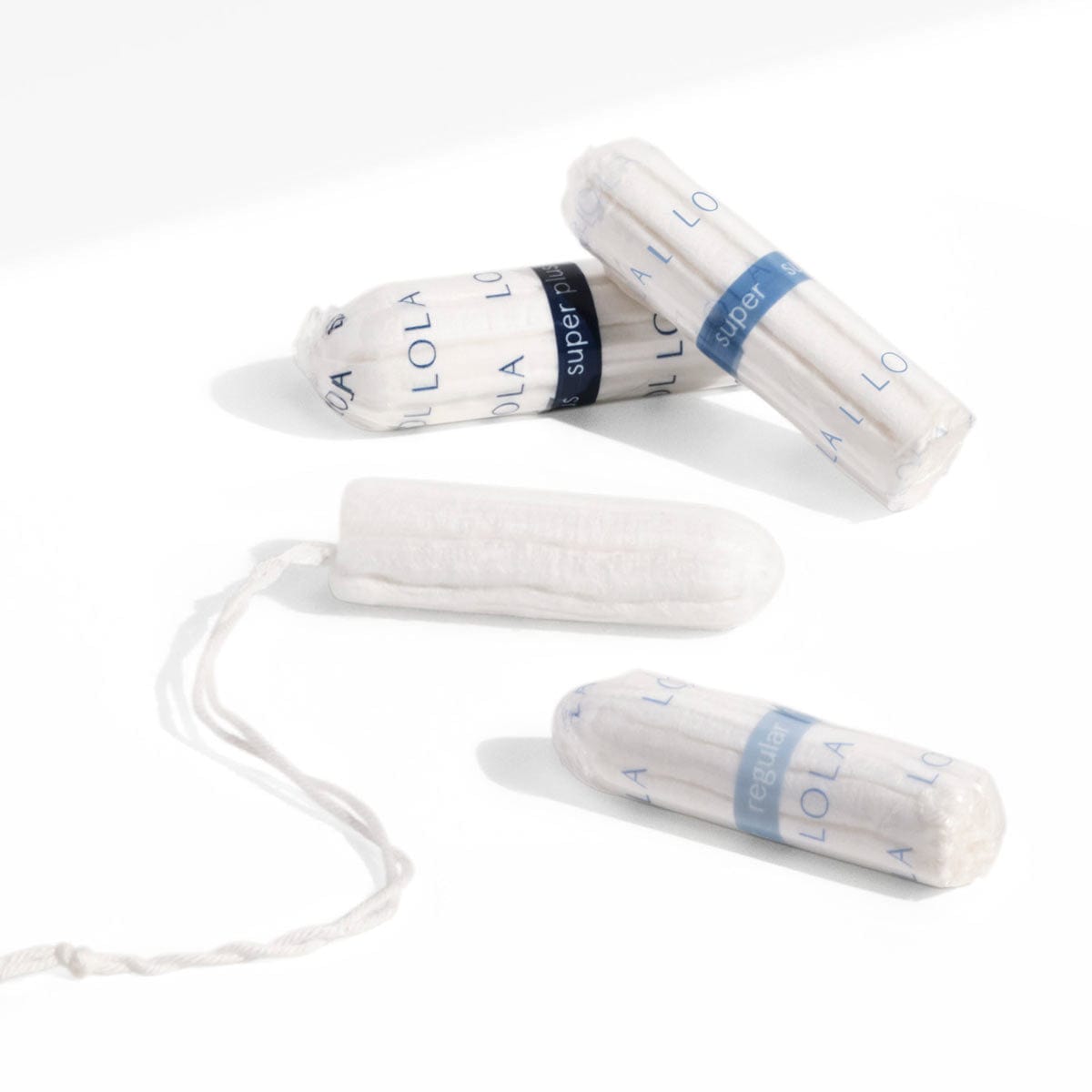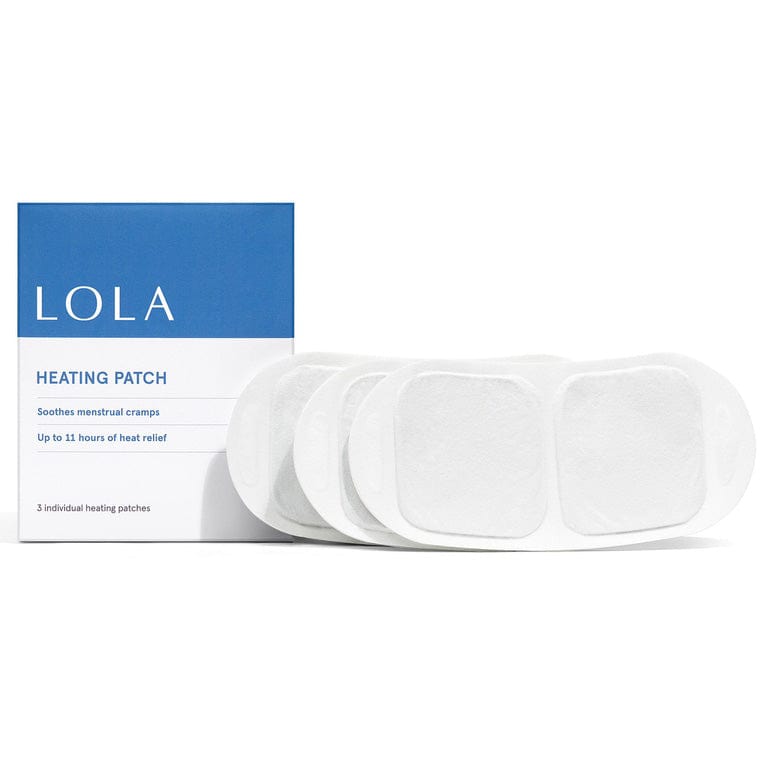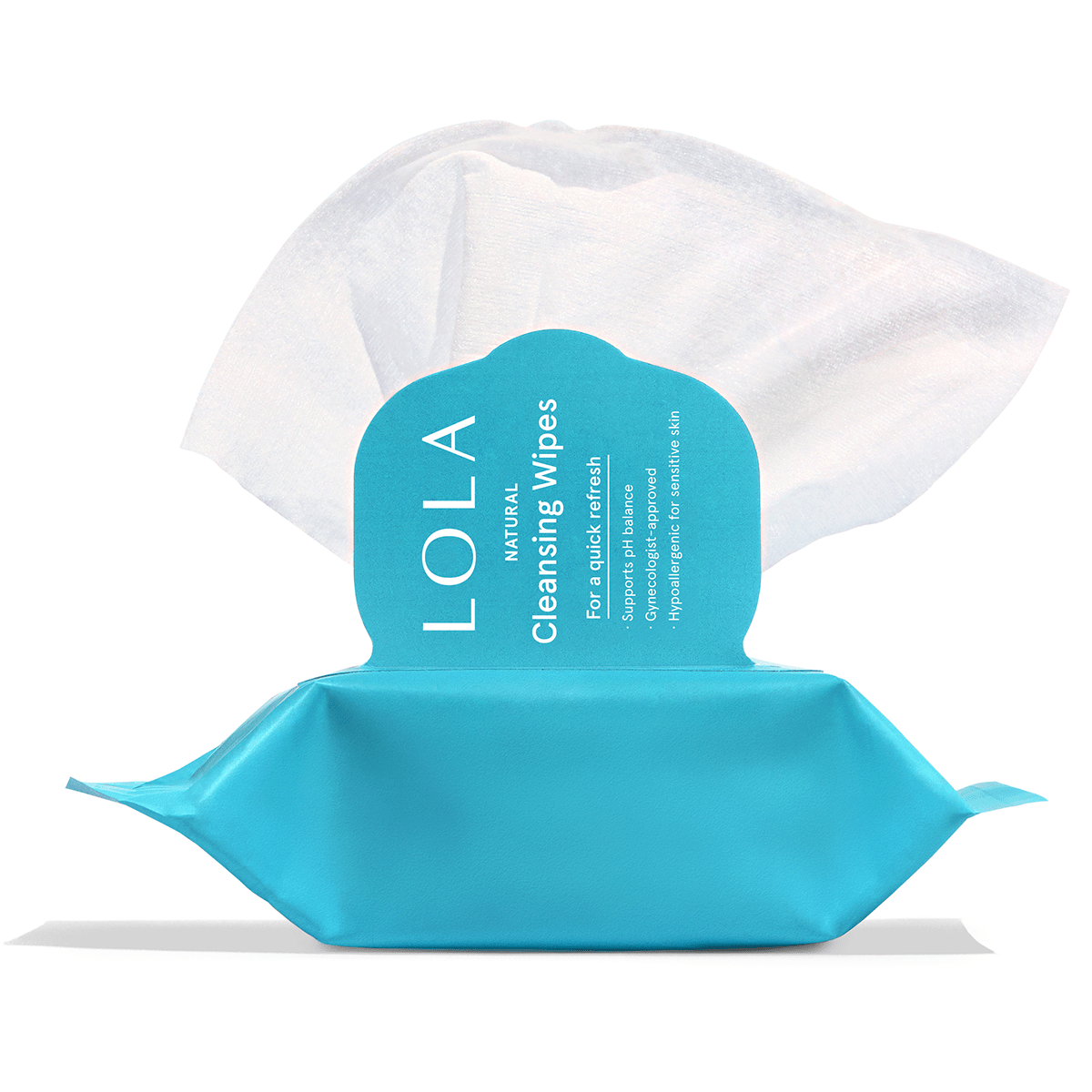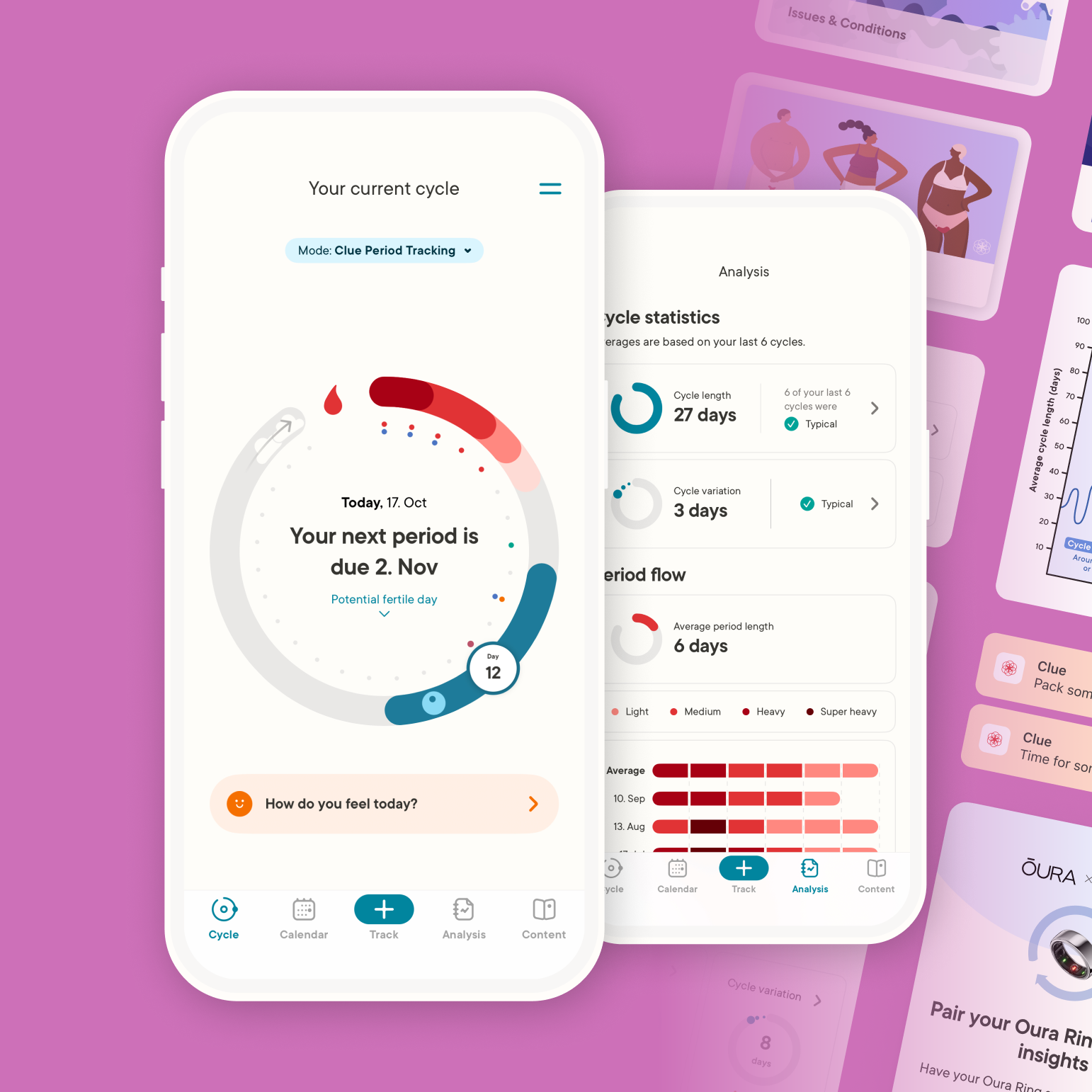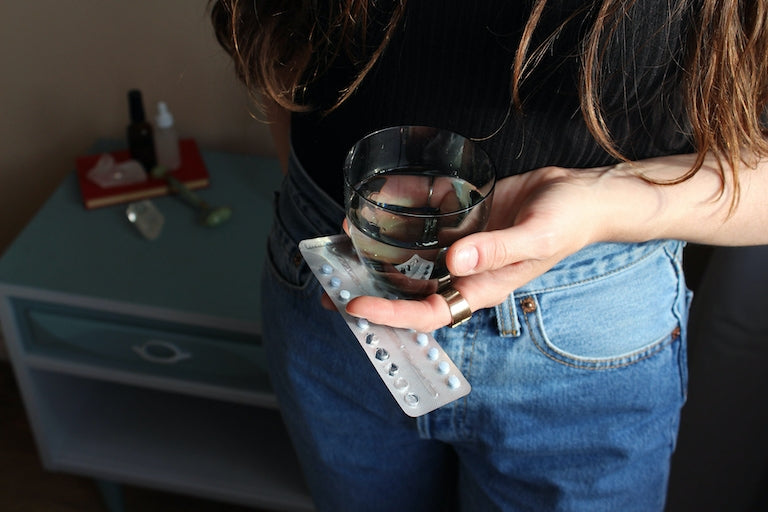In my 10-year-saga with hormonal birth control, I experienced symptoms like bloating, nausea, irritability, and severe mood swings. Doctors were unfazed by my birth control complaints, which made me feel like my discomfort was either unimportant or maybe even just expected.
Despite my concerns about side effects, my doctors insisted I keep taking hormones. They assured me that birth control could ease my period pain and even suppress the symptoms of my endometriosis " an inflammatory condition where tissue similar to what lines the uterus grows where it shouldn't, most often on or near other reproductive organs.
But the pill only worsened my cramps. The Nuvaring didn't help either. And neither option stopped my endometriosis from coming back, even when used in conjunction with surgical treatment.
"Hormonal treatment doesn't treat or prevent the progression of endometriosis," says Dr. Patrick Yeung, Jr., a gynecologist and director of the SLUCare Center for Endometriosis in St. Louis. And while it can help relieve symptoms in some, he says it can also do the opposite: make bleeding and pain worse.
We're all reproductive snowflakes, so it's hard to extrapolate one person's experience to another. But taking hormonal birth control is like putting your body in a chemical pregnancy, which isn't a great experience for some, says Dr. Yeung. Common symptoms like nausea, weight gain, and breast tenderness should resolve within a few months. However, if they persist " or are debilitating " speak up. Here are some symptoms to look out for.
Depression
The medical community doesn't agree on whether birth control negatively affects mood, but recent Danish studies show an association between depression, suicide, and hormonal contraception use.
After collecting information from more than a million Danish women over 18 years, researchers concluded that depression may be an adverse side effect of taking hormonal birth control, especially among adolescents, because it was associated with "a subsequent use of antidepressants and a first diagnosis of depression." A previous study by the same researchers showed that using hormonal birth control was positively associated with a later suicide attempt. Teenagers were at the highest risk.
While doctors disagree on the topic, Dr. Monique Tello, a physician at Massachusetts General Hospital and instructor at Harvard Medical School, believes there's a connection based off research and anecdotal complaints from her patients. Women should be warned about the mental health risks, she says.
"We see it too often," says Dr. Tello. "We know these hormones have major effects on people. It really is a mental health issue."
If you have a history of premenstrual syndrome, a monophasic pill " one that delivers the same amount of hormones throughout the pack " might be a better option than a triphasic pill, which more closely mimics the shifting hormones of a natural cycle, says Dr. Tello.
Migraines
More than half of women who suffer from migraines say they experience them with their period, research shows. While some of Dr. Tello's patients said their headaches improve on hormonal contraception, others have an increase in migraines, she says. Hormonal changes can be a trigger, so opting for a progestin-only pill or one with continuous hormones might help reduce their occurrence.
If you have auras, be particularly careful. Research shows women who experience migraines with aura are at a higher risk for ischemic stroke when taking combined hormonal contraception.
Increased bleeding
Since I couldn't tolerate the nausea caused by estrogen, I switched to a progestin-only pill. This option only has synthetic progesterone and is often used by breastfeeding moms and others who can't take estrogen. But it made me angry all the time and my breasts were so sensitive even taking a shower hurt. I also bled for three months, expelling a clot so large that I kept it as evidence to show my doctor, who immediately took me off the pill.
Spotting is common when starting a progestin-only pill because it doesn't have estrogen to stabilize the lining of the uterus. Breakthrough bleeding is also common on the IUD, or implant. The spotting usually tapers off after a few months, but some people can experience prolonged bleeding that is more than just irritating says Dr. Tello. Make sure to see your doctor if you experience heavy bleeding, debilitating headaches, or leg swelling.
When to call it quits
As long as side effects are just annoying " like bloating or spotting " Dr. Tello tells her patients to give the body three months to adjust. Hormones override your natural cycle, but it doesn't happen immediately, she says.
But if symptoms persist or are more severe, don't wait it out. "Some people actually get high blood pressure or migraines that are out of control or emotional symptoms that are unsafe," says Dr. Tello. "If somebody is unstable, they've got to just go off. It's just not worth it."


